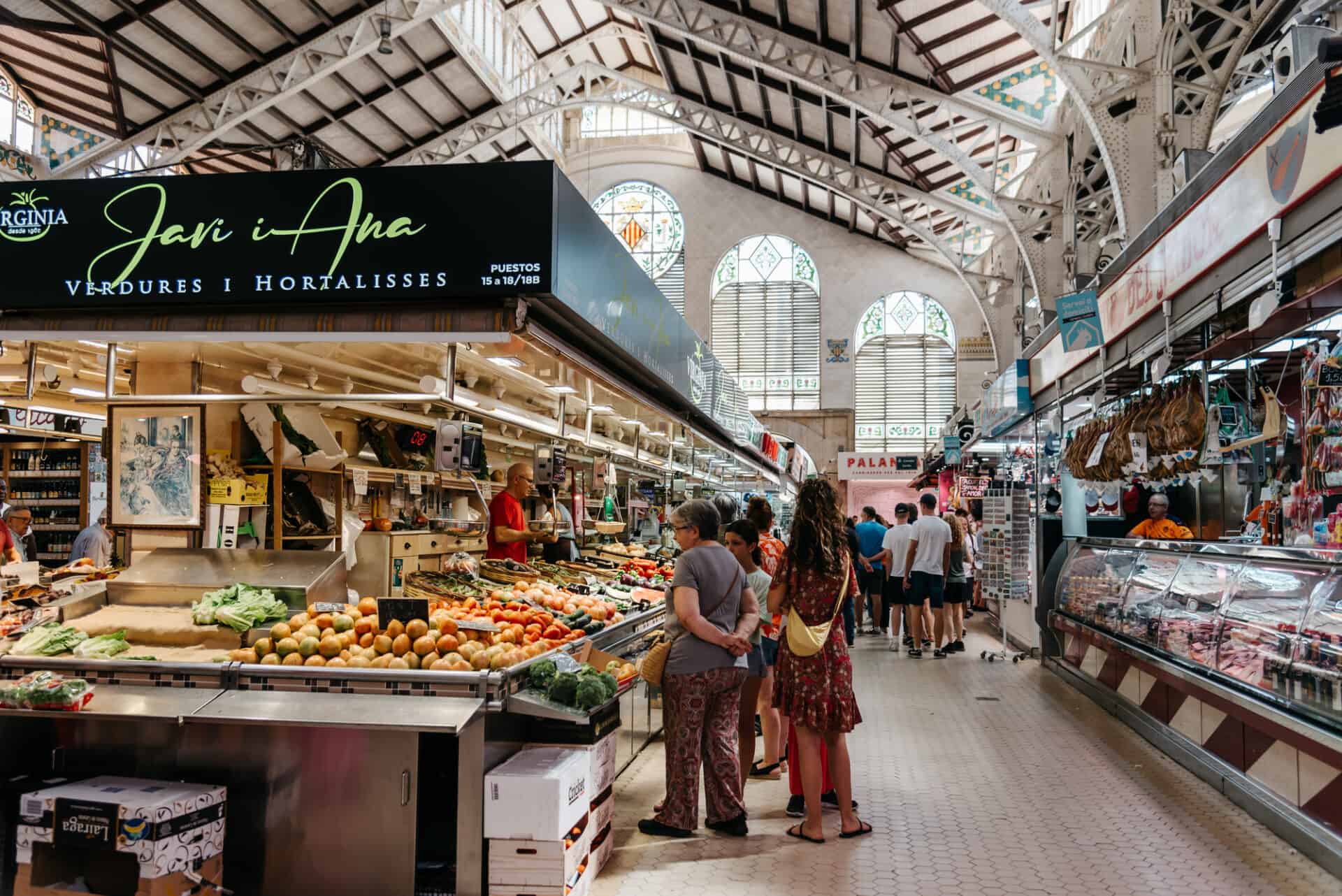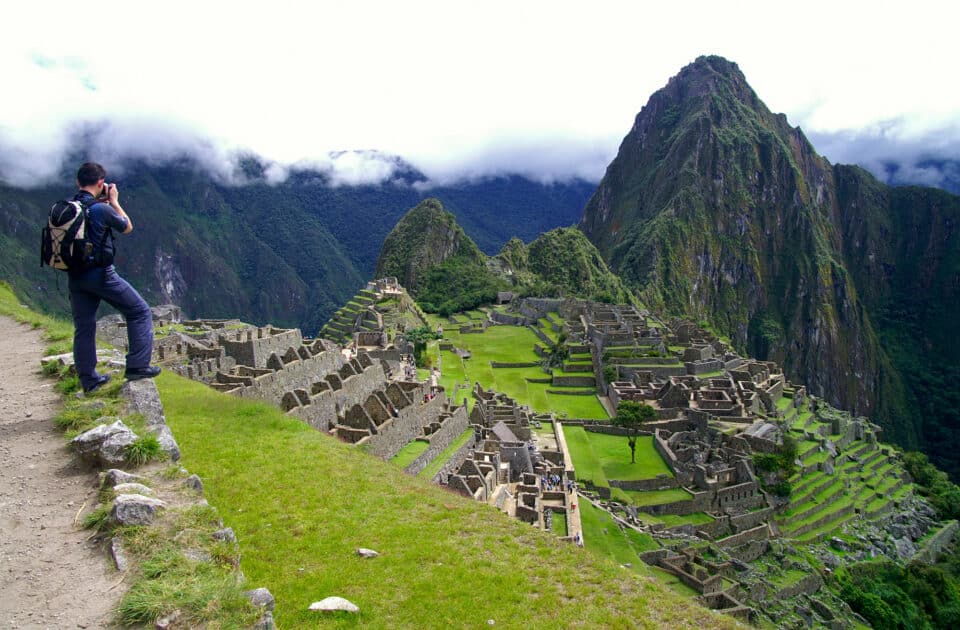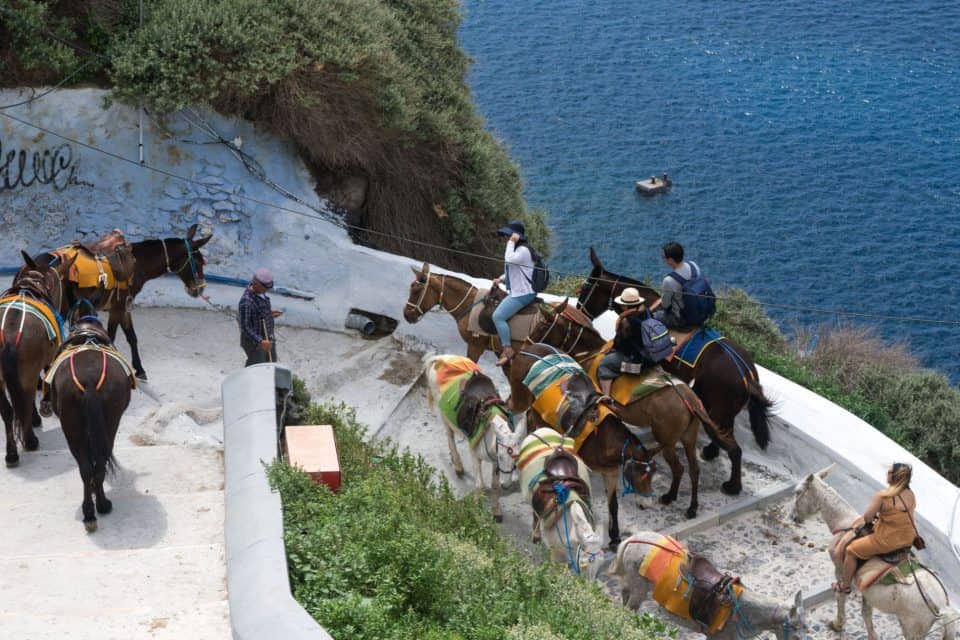Valencia earned the European Green Capital Award 2024 due to its past and current achievements in the field of sustainable tourism, climate neutrality, as well as fair and inclusive green transition. The city is committed to improving air quality and restoring nature ecosystems, such as the Devesa dune and wetland ecosystems. Valencia stimulates healthier, sustainable, and inclusive food production through its “Neighbourhood and Food Programme”.
The European Commission’s (European) Green Capital Award recognizes and rewards local efforts to improve the environment and, thereby, the economy and the quality of life in cities. The Award is given each year to a city, which is leading the way in environmentally friendly urban living.
About the city of Valencia
Valencia is a vibrant and historically significant city located on the eastern coast of Spain. It is the capital of the province of Valencia and is known for its stunning architecture and cultural attractions. Valencia is situated along the Mediterranean Sea, making it a popular destination for beachgoers. The city boasts beautiful sandy beaches along the Mediterranean coastline, such as Playa de la Malvarrosa and Playa de la Patacona.
Valencia has a long history dating back to ancient times. The Romans founded it in 138 BC and has since been influenced by various civilizations, including the Visigoths and the Moors. The city has a mix of architectural styles that reflect its diverse past. The historic centre of Valencia is characterized by its medieval architecture, narrow streets, and beautiful squares. The Valencia Cathedral, known as the “Seu,” is a notable landmark with various architectural styles, including Gothic, Romanesque, and Baroque.
The city is known for its cultural heritage, including museums, galleries, and theatres. The City of Arts and Sciences (Ciudad de las Artes y las Ciencias) is a modern architectural complex that houses a planetarium, an opera house, a science museum, and an oceanographic park. It has become an iconic symbol of Valencia’s modernity.
Valencia is the birthplace of paella, a traditional Spanish rice dish. Nowadays, you can also get paella in delicious vegetarian and vegan variants. The city’s culinary scene is rich and diverse, offering a range of Mediterranean and Spanish dishes.
The Mercado Central (Central Market) of Valencia is one of the city’s iconic and historic landmarks in the heart of Valencia’s historic district. The market was designed in the Valencian Art Nouveau style, known as “Modernisme,” and its architecture combines iron, glass, and ceramic tiles, creating a visually stunning and unique structure. The building’s design is characterized by its large central dome, intricate metalwork and colourful mosaics. The market’s interior is equally impressive, with a vast central nave and numerous stalls that sell various goods, an excellent place to experience authentic Valencian cuisine.

The Parc Natural de l’Albufera, often referred to as Albufera, is a significant and ecologically diverse natural park approximately 10 kilometres (6 miles) south of the city of Valencia. It’s known for its unique ecosystem, including a large freshwater lagoon, wetlands, rice fields, and rich biodiversity. It covers an area of about 21,000 hectares (52,000 acres) and is one of the most important wetland areas in the Iberian Peninsula. Albufera has been designated as a protected natural park to preserve its ecosystems and wildlife. Efforts are made to maintain the delicate balance between human activities and conserve the area’s natural resources.
Winning cities – European Green Capital & European Green Leaf Awards
This article is part of the series by Conscious Travel Guide, your resource for mindful globetrotting.


